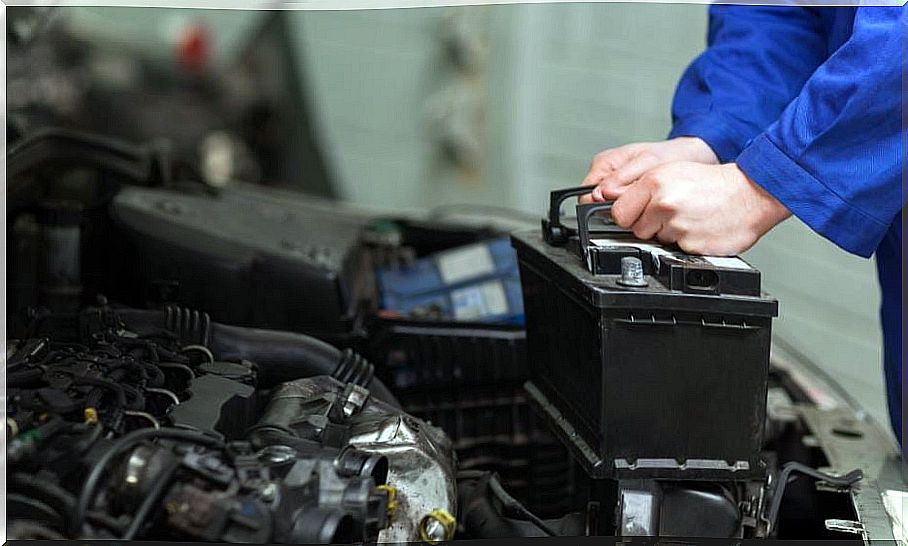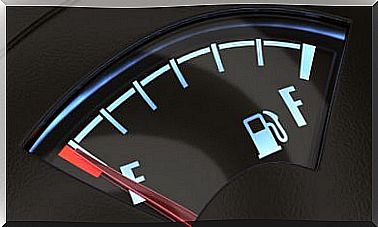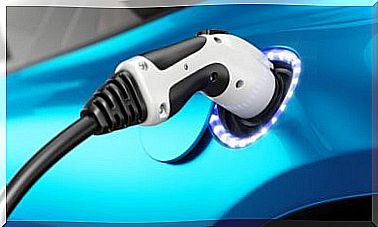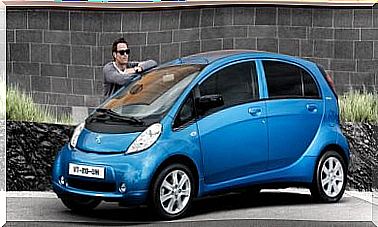Strange Noises In The Car, Why Is It?

You don’t need to be an expert in auto mechanics to drive a car, although having a few basics is always helpful. When sitting behind the wheel, it is important to know how to listen ; drivers can instantly identify strange noises in the car.
Each model has a particular set of sounds. ‘Signs’ and ‘gestures’ that come to represent a kind of body language . When the ear detects a significant variation, it is usually an unequivocal sign that something is wrong.
The source of rattling, squealing or popping should be identified as quickly as possible. And it is necessary to remedy the situation as soon as possible, before the problem becomes greater, whether in the engine or in any other part of the vehicle.
Glossary of strange noises in the car
It is true that sometimes there are sounds that are difficult to identify, even for some experienced mechanics, but most are perfectly cataloged. Sometimes, to identify a mechanical failure in a car, more decisive than the sense of sight, is a refined and educated ear.
When the engine talks, sometimes it screams
Under normal conditions, each of these machines emits particular decibels. Tones that also seek to please the tastes of private audiences.

When something is off, the engine makes it known fast. Among the most frequent sounds that are usually heard from within this great shell, the following stand out:
High pitched beeps
The source of this sound is located in the tensioner of the distribution belt, a product of wear. Some more persistent screeches, which give the idea that something is about to break, may have their origin in the use of low-octane gasoline.
Constant buzzing
They are an indication of high temperatures, close to overheating. This may have its genesis in the radiator running dry or the water pump breaking down. The problem can also be found in the alternator or inside the air conditioning compressor.
Outbursts
If these small explosions occur when starting the engine, they can be due to: dirty fuel or air filters, worn spark plugs or an obstruction inside the catalyst.
Slow start-up
If turning the key or activating the ignition button causes the engine to sound ‘lazy’, the problem may be with the battery. If this device is changed and the anomaly persists, a visit to the mechanic is mandatory.

In steering, bearings and when braking
This is one of the most widespread categories within the strange noises in the car. Although the engine is responsible for propelling the car, the steering and bearings are directly responsible for executing these movements; they may suffer slack. On the other hand, the brakes have to slow down and excessive wear can be the cause of the noise.
Sounds and vibrations at the wheel
It is not properly a noise, although sometimes the fault is so persistent that it ‘rings’. If the steering wheel vibrates while the car is speeding, the problem is usually with the tires. Either because the tires are very worn or because they lack the ideal air pressure.
The annoying squeals when braking
Of the strange noises in a car, this is one of the most common ; it is also one of the easiest to identify. They are almost always caused by wear on the pads or drums.
Other sounds
Timing or service belts can make maddening screeches, especially with a cold engine in the morning; if the noise disappears after a few seconds, moisture is the cause of the problem. But if the review by the trusted mechanic persists, it is urgent.









